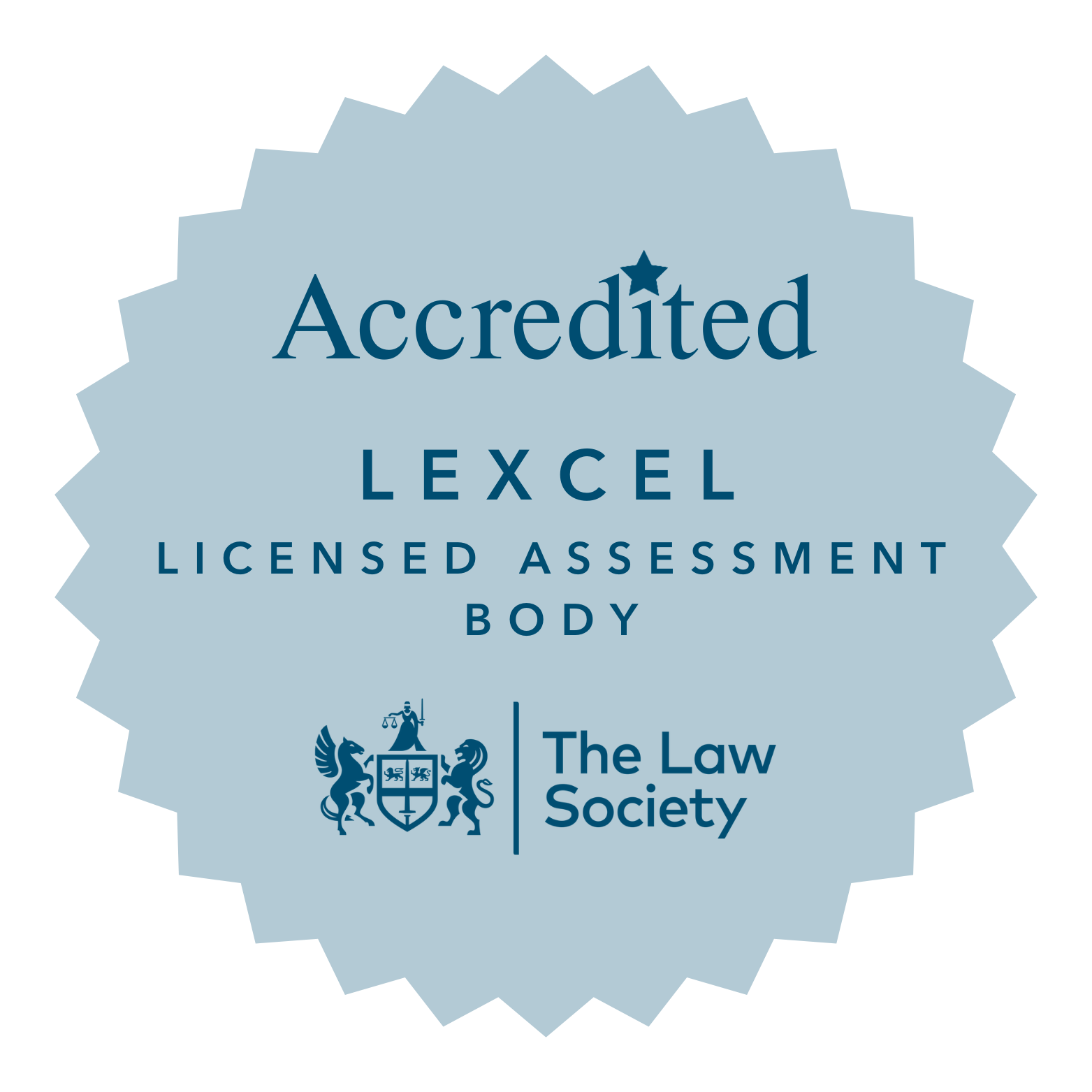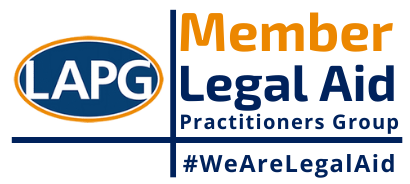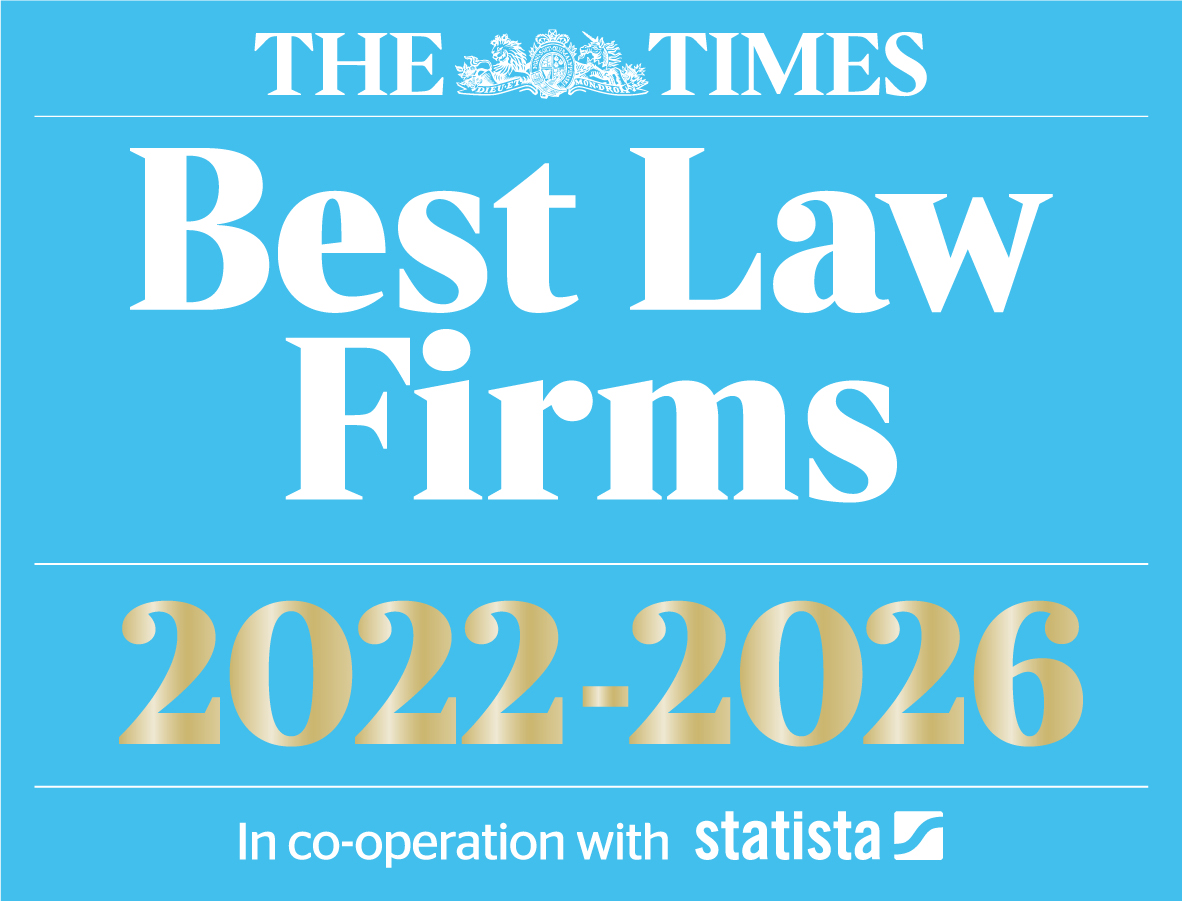What is Parental Responsibility?
Parental responsibility (PR) is defined by law as “all the rights, duties, powers, responsibilities and authority which by law a parent of a child has in relation to the child and his property.” This is extremely vague and doesn’t actually tell us what powers it provides. It essentially means that you have the power to make important decisions about a child’s life. This could include where they go to school, or what vaccinations they have and so on. If you are a separated couple and co-parenting a child and you both hold PR, you would need to consult each other on such decisions.
In most cases you must have permission from all PR holders before you take a child abroad. This is the case even if the objecting PR holder does not live with the child. However, if you hold a Child Arrangements Order (a court order dealing with the child’s living or parental/carer contact arrangements) that states the child lives, you can take the child abroad for 28 days without consent of the other PR holders.
Technically then if one PR holder does not consent to a child being taken abroad, this may mean that the child cannot go. In such circumstances a Court order would be required, seeking permission to take the child abroad. You can also apply to the Court for an order if you are concerned that the other holder of PR will remove the child from your care or the country, without your consent.
If you are unsure about whether you can make any decision for your child, large or small, or if you wish to challenge a decision made on your child’s behalf without your input, this is something that we can advise you on.
Do I have Parental Responsibility?
PR can be obtained in different ways. For mothers, PR is acquired automatically at birth. For fathers, PR is granted for the child if he is married to or in a civil partnership with the mother at the time of birth or if he is named on the child’s birth certificate. PR does not change on divorce or depending on who the child is currently living with. It can only be terminated by the court on the basis of exceptional circumstances and where it is in the child’s best interests to do so, it is rare that a Court would make such a decision. For second female parents PR is acquired if they are married to or in a civil partnership with the mother at the time of conception. PR can also be granted if an agreement is reached, or if the Court orders it.
If you do not currently hold PR and believe that you should have the right to be involved in important decisions in a child’s life, we can help and advise you on this.
For more information contact our solicitors based in central London and Staines at 02079762233.


